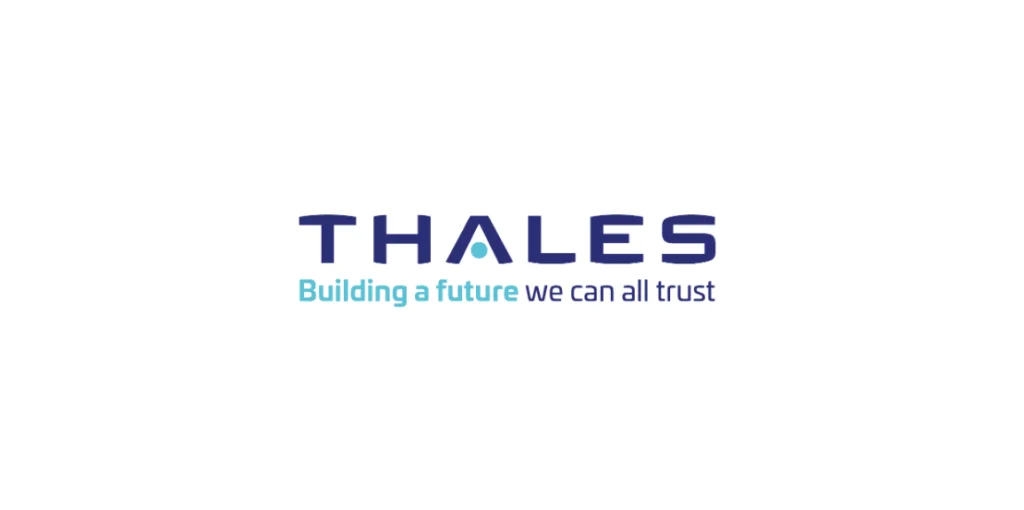Smoke and Bunsen Burners
Well, first off, let me tell you that labs haven’t changed much, apart from the improvement in the technology, in a hundred years. You’ve still got your geeks in white labs coats. Petri dishes and test tubes. Smoke and Bunsen burners.
And that’s fine.
Yet, with quantum computers, all that could irrevocably change.

So, what exactly, when they are eventually scaled down in size and price, will quantum computers give to one of the most important industries in the world?
Simulating Molecules
Already we can see cooperation between computer scientists specializing in the quantum computing (QC) space and chemists as to how quantum computers will benefit medicine in the coming years.
First of all many of them believe QC technology has the ability to simulate molecules.
In the last few years, researchers at IBM successfully discovered and modelled the ground-state energy of beryllium hydride. Achieving this with a quantum computer wasn’t easy, as it was the most complex molecule ever created using a QC system.
This experiment was carried out using six qubits. Each one constituted an electron in beryllium hydride, which only has three atoms. Although the amount of qubits is small, it is hoped with more work they can eventually scale up the number of qubits which will mean modelling more complex molecules, say those in proteins.

Another problem with modelling complex molecules using quantum architectural systems is, according to Christopher Monroe, an American physicist and co-founder of the quantum computing startup IonQ, Inc:
‘You can count the number of electrons, and it’s many hundreds. So that means just to represent this system you probably require a thousand qubits. Now, if you want to calculate its ground state, you might want to do error correction as well. So to do error correction, you need to redundantly encode things and you might need another factor of ten qubits. So we’re already like at ten thousand qubits…’
Conundrum aside, most in the industry think that there will come a time when that amount of qubits will be achievable.
Industry Leaders
As well as the hardware systems being developed at companies like Google, IBM, D-Wave Systems and IonQ, there are also researchers and firms focussing their attention on the software side of things. Startups like Strangeworks, Inc., 1QBit, Agnostiq, Elyah, and Zapata Computing to name just a few.
As more companies jump on board, seeing the potential in their specialized markets for quantum computers, they will start to utilize the software applications developed by the above companies.
Alan Aspuru-Guzik, chief scientific officer and founder of Toronto-based quantum computing startup Zapata Computing, theorizes quantum computers will help academics and scientists better understand how they research molecules already known, as well as working with AI systems in reverse engineering to come up with new, radical molecules that could — if successfully manufactured — move medicine and the pharmaceutical industry into new horizons of groundbreaking work.
All this at the moment is only conjecture, however. Needless to say, what has been done so far in the sector looks promising.
‘It makes sense to speed up with six qubits. Getting used to how to tweak up that system will help us when we get to sixty qubits and six hundred qubits to protein folding in a really complex folding.’
— Christopher Monroe
Cold Statistics
The last case of smallpox was recorded in Somalia in 1977. It became, according to the World Health Organization, eradicated three years later.
The viral disease Rinderpest, transmitted by direct contact with cattle and by the drinking of contaminated water — and in even some cases by air — had by 2001 been assigned to the medical history books.
Cancer, AIDS, Ebola — these medical scourges of the world have yet to be beaten. A Global Oncology Trend Report from 2014 put the global spend on cancer research at $100 billion. Most of this money is sourced from Europe and North America.
Similarly, for the fight against AIDS, Tuberculosis and Malaria from 2017–2019, according to The Global Fund donors pledged $12.9 billion.
There is no doubt the money being spent in order to find a cure for these terrible illnesses is admirable, but with quantum computing entering the frame, maybe we will see — with the help of people like Monroe and Aspuru-Guzik — a change in our fortunes, and a time when the medicines available to us will be cheaper and available to all, accelerating cures for the world’s deadliest illnesses.
















